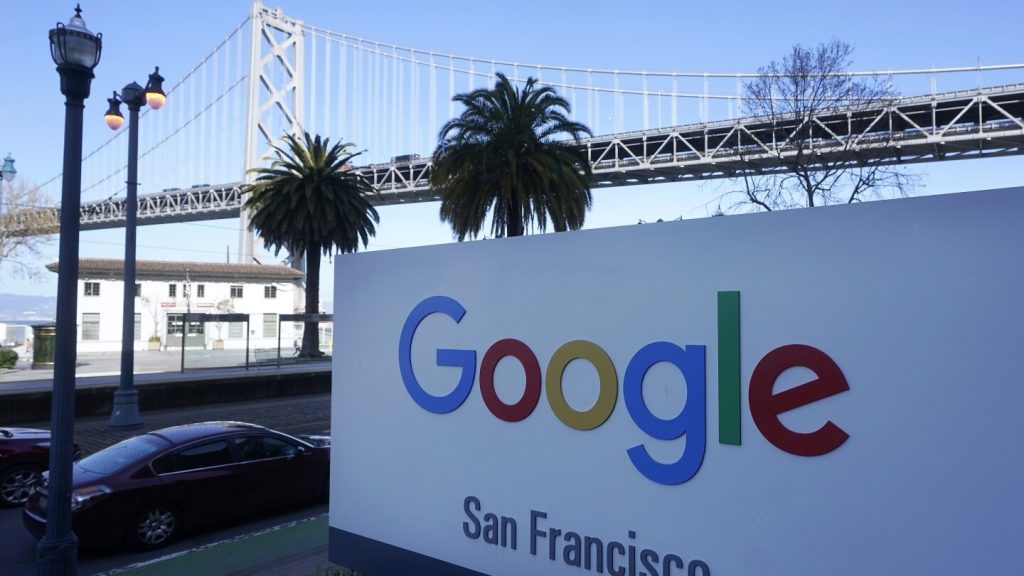The Justice Department lawyers have argued that Google’s dominance as an internet search engine is an illegal monopoly supported by over $20 billion spent every year to eliminate competition. Google maintains that its success is due to its excellence in delivering search results that customers are looking for. The closing arguments in this high-stakes antitrust lawsuit highlighted the need to stop Google’s monopolistic behavior, drawing comparisons to tactics used by Microsoft in the past.
The 10-week lawsuit saw the U.S. government, a coalition of states, and Google present their closing arguments to U.S. District Judge Amit Mehta. The focus of the case has been on Google’s contracts with companies like Apple that make Google the default search engine on devices. Evidence presented during the trial showed that Google spends billions on these contracts to maintain its dominant position. Apple and other companies testified that they partner with Google because they believe its search engine is superior.
Google argues that the government defines the search engine market too narrowly, highlighting competition in targeted searches and from social media companies. However, Mehta questioned whether these companies are truly in the same market as Google. The tech giant’s market strength has been described as tenuous, given the ever-evolving nature of the internet. The government also accused Google of purposefully destroying documents to hide evidence of monopolistic practices, leading to a call for sanctions.
The government’s argument is that Google’s search engine monopoly allows it to charge unfairly high prices to advertisers, which ultimately affects consumers. Internal Google documents revealed during the trial showed the company manipulating ad algorithms to increase revenue. Google’s lawyer defended the company’s practices, emphasizing that search ads have become more effective and helpful to consumers over time. A ruling from Mehta, expected in the coming months, will determine if Google violated antitrust laws and what remedies may be required to bolster competition in the search-engine market.
In conclusion, the antitrust lawsuit against Google has brought to light the company’s extensive efforts to maintain its position as the dominant search engine. Both the government and Google have presented their closing arguments, with the focus on Google’s contracts with companies like Apple and allegations of monopolistic behavior. The case now rests in the hands of Judge Mehta, who will decide whether Google’s actions constitute a violation of antitrust laws and what measures should be taken to promote competition in the search-engine market.


